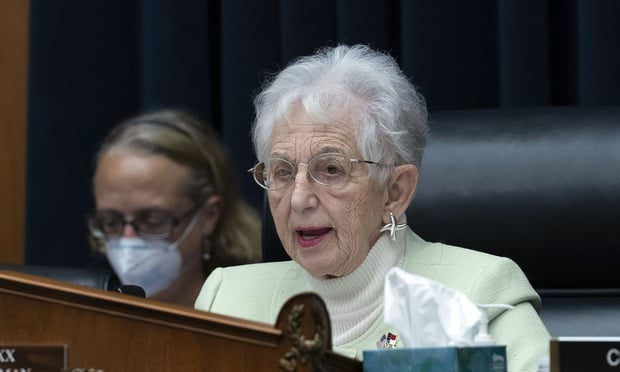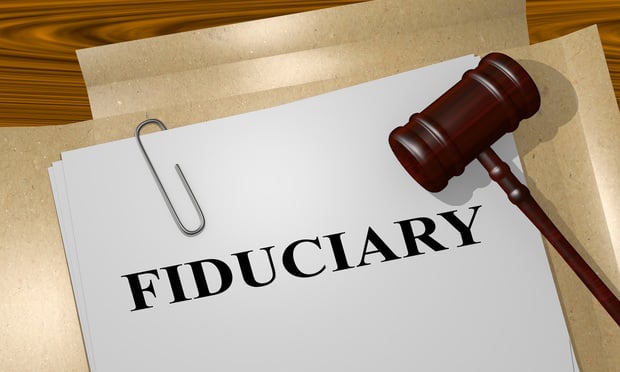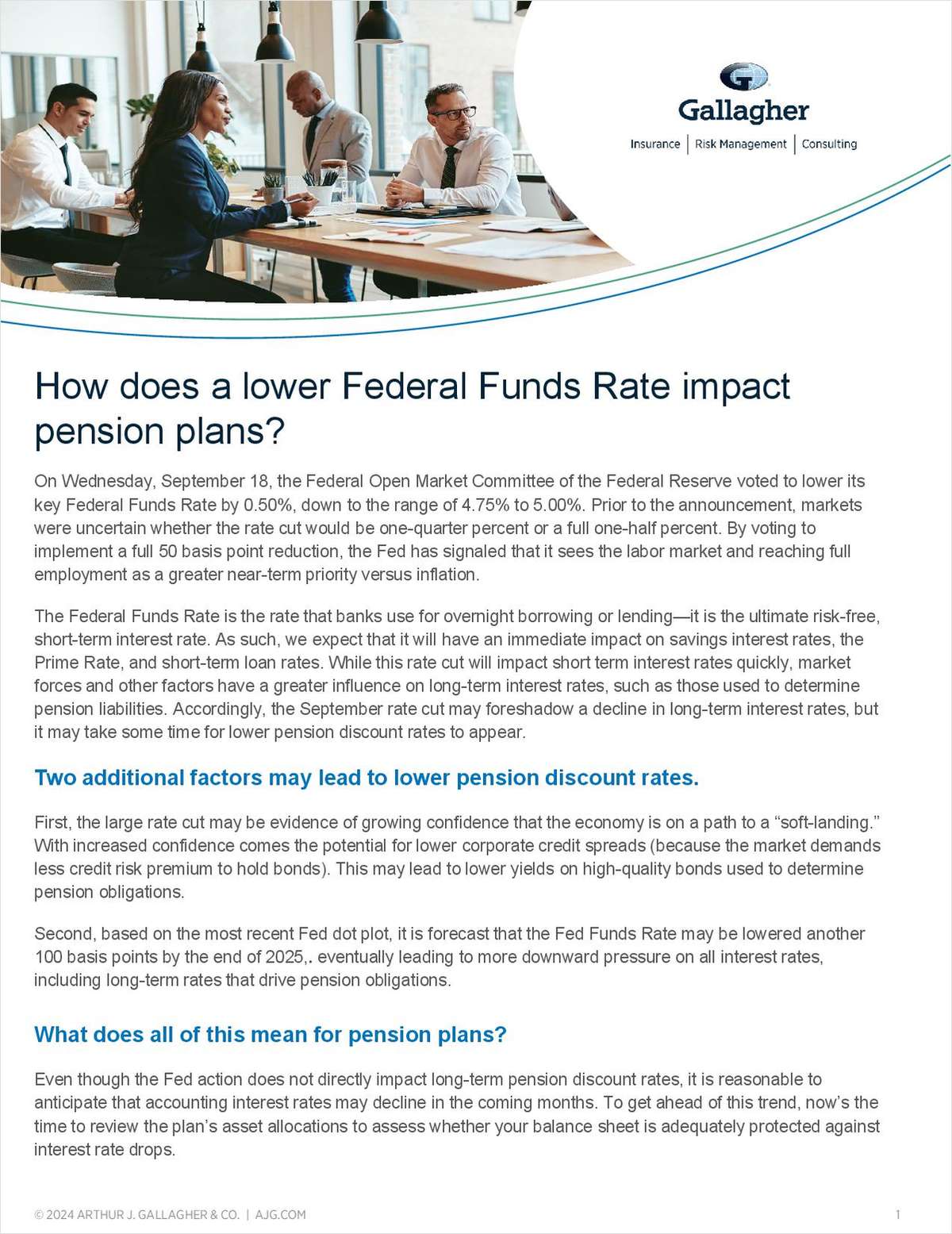It's just business as usual for those who have been paying attention to their fiduciary duty all along.
As the dust begins to settle on the fallout of the Supreme Court's unanimous Tibble v. Edison, one thing has become apparent – when it comes to a plan sponsor's fiduciary duty, nothing has really changed. Sure we hear talk of unintended consequences, (for a quick list, read, "10 Unexpected Changes Tibble Really Brings to 401k Fiduciary Providers and Plan Sponsors," FiduciaryNews.com, May 26, 2015), but if you dig right into the true meaning of Tibble, to borrow the infamous words from, well, you know who, "What difference, at this point, does it make."
From its very beginning, we all knew the Supreme Court case wasn't on the merits of "fiduciary." Instead, the crux of this particular case rested on the arcane definition of a legal technicality, namely, the applicability of a statute of limitations to an ongoing duty. In other words, it was all about the something only a lawyer would love. The rest of us common folk? We could just move one, there's nothing to see here.
Complete your profile to continue reading and get FREE access to BenefitsPRO, part of your ALM digital membership.
Your access to unlimited BenefitsPRO content isn’t changing.
Once you are an ALM digital member, you’ll receive:
- Breaking benefits news and analysis, on-site and via our newsletters and custom alerts
- Educational webcasts, white papers, and ebooks from industry thought leaders
- Critical converage of the property casualty insurance and financial advisory markets on our other ALM sites, PropertyCasualty360 and ThinkAdvisor
Already have an account? Sign In Now
© 2024 ALM Global, LLC, All Rights Reserved. Request academic re-use from www.copyright.com. All other uses, submit a request to [email protected]. For more information visit Asset & Logo Licensing.








